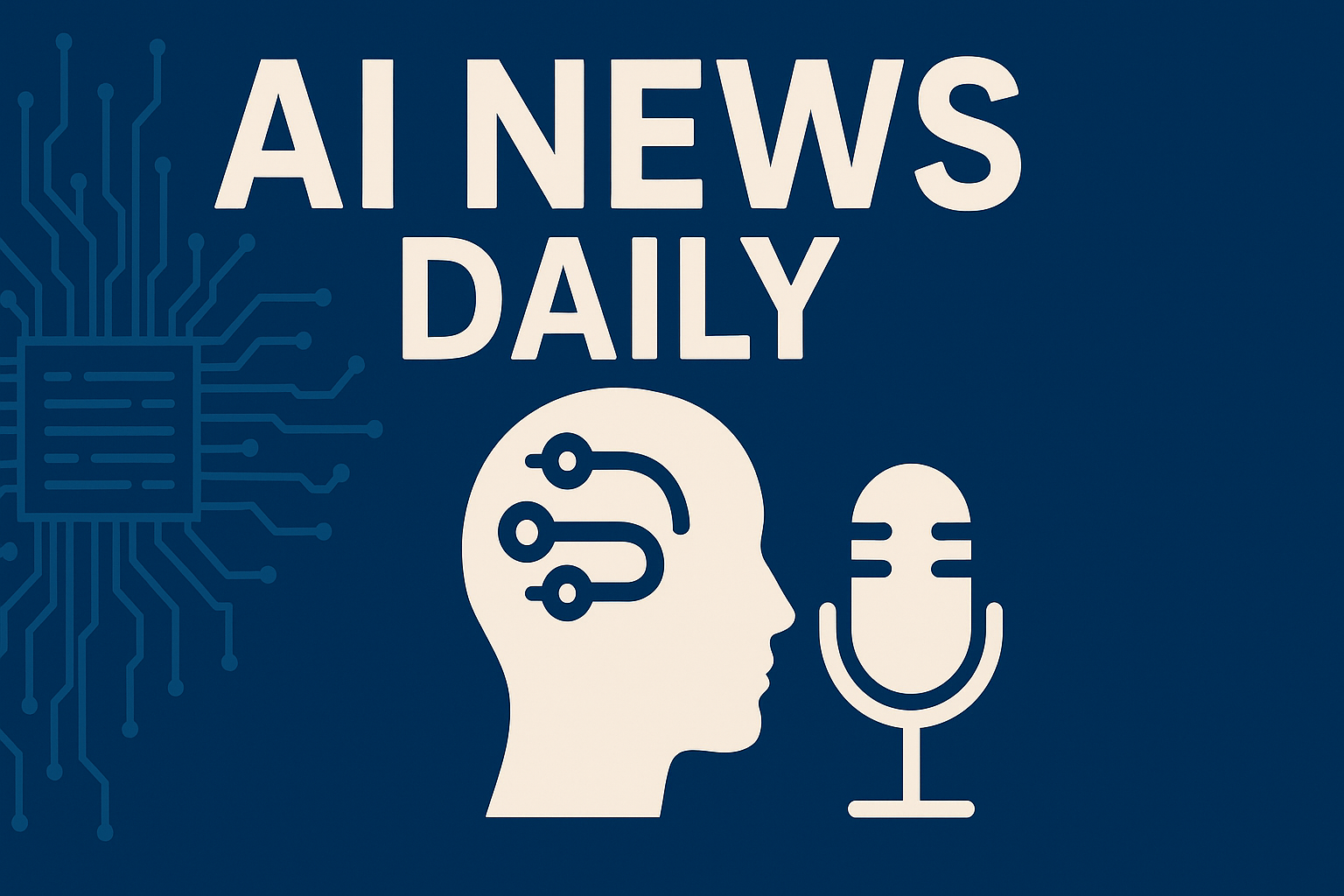Title: Advances in AI: Strategic Deals, New Tools for Education and Business, Security Concerns, and Global Innovation
Content:
Major developments in artificial intelligence are shaping the technology, business, and education landscapes worldwide. In a series of high-level negotiations, Microsoft and OpenAI are working on a landmark deal that would secure Microsoft a 30% stake and ensure long-term access to OpenAI’s technology, even in the event OpenAI achieves artificial general intelligence (AGI). As OpenAI shifts toward a more commercial and for-profit strategy, it’s exploring new partnerships with cloud providers like Google and Amazon, signaling a dynamic and competitive enterprise AI environment. At the same time, a partnership with Jony Ive points to OpenAI’s ambitions for innovative hardware, while collaborations with Google leverage advanced data center and chip infrastructure, intensifying the global race in AI hardware and chip leadership.
On the product front, OpenAI has introduced two major ChatGPT improvements: the new Study Mode, developed with educators to promote critical thinking and personalized learning, and the ChatGPT Agent, an autonomous tool capable of web browsing, making decisions, and executing complex tasks—even revolutionizing sectors like automated crypto trading. Positive feedback from top universities underscores Study Mode’s potential, while the Agent’s new security features and autonomy exemplify the rapid evolution of AI-powered assistants.
Google continues to roll out cutting-edge AI tools, launching Veo 3 and Veo 3 Fast on Vertex AI for high-quality, instant video generation, now serving tens of millions of creative professionals and businesses. With upcoming image-to-video features, and the UK launch of conversational Gemini-powered AI search, Google is transforming creative workflows and the user search experience. Meanwhile, Microsoft expands its AI footprint by bringing Copilot Mode to the Edge browser and introducing 365 Copilot Search for organizations, both aiming to streamline productivity and search through natural language and automation.
In creative technology, Adobe’s Photoshop and Luma AI’s Dream Machine platform received significant AI upgrades. Adobe’s beta features—Generative Upscale, Harmonize, smarter object removal, and seamless editing—are powered by Firefly and target professionals across desktop, web, and mobile. Luma AI’s Dream Machine now empowers creators with Precision Frame Refinement and Smart Erase & Fill, enhancing the bridge between automation and artistry in video.
Despite widespread adoption—evidenced by a Stack Overflow survey showing nearly 80% of coders use AI tools—trust and security remain pressing challenges. High-profile incidents have exposed vulnerabilities in Amazon’s and Google’s AI coding assistants, with experts highlighting the continuing need for robust human oversight. Google swiftly patched a critical Gemini CLI flaw, urging developers to update, while cybersecurity firms like Coalfire and new tools from Hacken, QANplatform, and government agencies underline a growing focus on proactive, AI-driven protection as breaches rise.
AI’s influence in health and science continues to expand. The U.S. CMS will soon reimburse clinicians for AI-powered ECG analysis, enabling broader, earlier detection of cardiac issues. Dexcom’s AI meal logging and Aetna’s AI-powered Care Paths app exemplify the push toward personalized health management, while a new AI tool for mRNA therapy design is poised to accelerate precision medicine. In Europe, the AI4HF project leverages global collaboration to personalize heart failure risk assessments.
AI’s impact on the workforce is profound, driving both dramatic efficiency gains—such as autonomous agentic AI tools that perform multi-step business tasks—and workforce reductions, as seen in major tech layoffs at TCS. Enterprise innovation is also advancing through solutions like Writer’s Action Agent, which outperforms rivals in automating complex business workflows, and Stanford’s AI Framework, which streamlines team project management.
However, concerns persist regarding AI’s ethical and societal effects. Stability AI is championing opt-in models and compensation for artists in training data, YouTube is tightening policies on repetitive AI content, and platform changes are sparking debate among creators. Reports reveal a gender gap in AI adoption at work, with women lagging behind men, and new research spotlights worries about declining student brain engagement and motivation, notably in China and in U.S. college environments using AI for study aids.
Around the world, China’s World AI Conference showcased thousands of practical AI applications, emphasizing the country’s focus on embedding AI across industries. Meanwhile, the launch of Malaysia’s SecureGPU ensures encrypted, confidential AI processing, and LG and SK Telecom advance AI chip and enterprise automation technologies.
These cumulative advances illustrate both the immense promise and the critical challenges of next-generation artificial intelligence, from shifting corporate alliances and creative breakthroughs to ethical dilemmas, workforce implications, and transformative impacts across education, healthcare, security, and the global digital economy.
